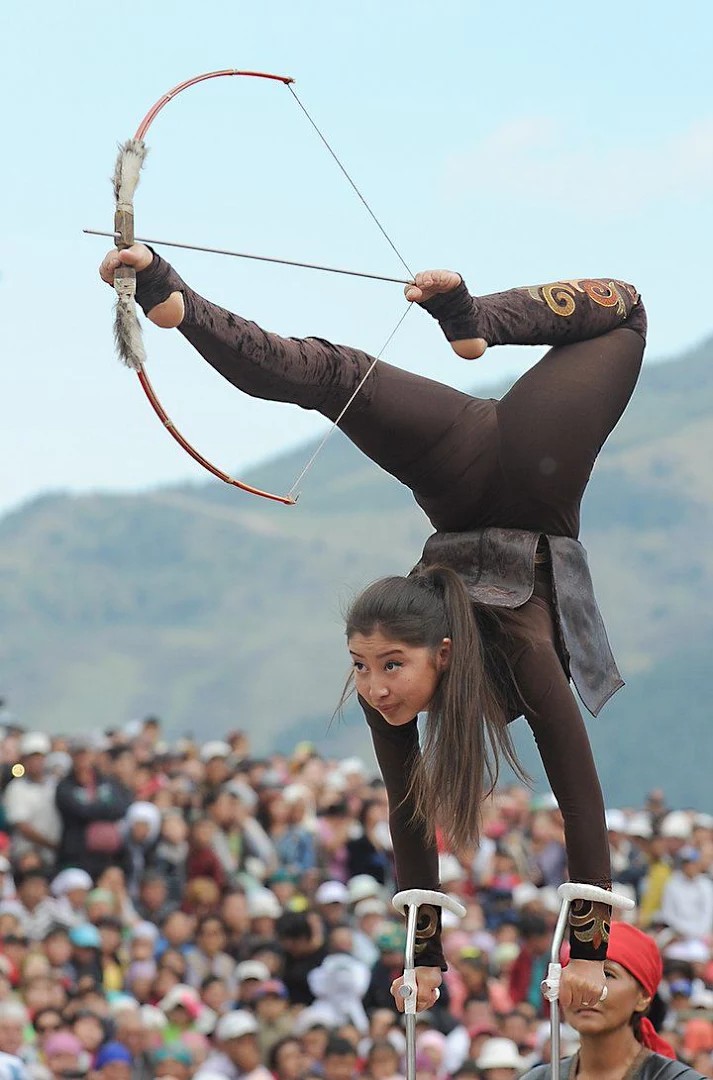Perception of Difficulty Levels of Human Feats
How difficult is juggling, unicycle, wirewalking, violin with feet? much easier than you think. You over estimate because you've never really tried.

In my circus involvement while a teen, and much knowledge building in late years about learning psychology etc, i've observed that, the difficulty level of a feat is primarily a matter of perception and mindset.
Sometimes we watch TV programs that show incredible feats by disabled person or people performing some one-of-a-kind weird feats in Guiness World Records. We see people using both feet and both hands to wield 4 pens and write simultaneously. We see legless man doing amazing tricks with skateboard. Such may look impossible to us, but perhaps only because we never practiced it. If such become a necessity, it might be not too much more difficult than writing with a single hand.
Same can be said for juggling and much other circus performances, for example tightrope walking, trapeze, aerial acrobatics, one person juggling another person by using legs to kick and maintain another acrobat in air.
The human animals, possess incredible potential at learning. The degree of human animal's ability to perform a feat seems to be proportional to the popularity of the feat. For example, writing with pen is really a incredible feat, because it is popular. Likewise, gymnastics, diving, figure skating in Olympics, are all popular feats. But for example, wire-walking, unicycling, ball-walking, Rola Bola, stilt walking, etc, most people will think they are something unusual or incredibly difficult. Actually they are not. If society become such that wire-walking or unicycling are necessary skills to survive, then perhaps everyone will be able to wire-walk or ride a unicycle, and the varieties of world records of these activities will probably be updated quickly with a leap.
This does not mean all of a sudden that juggling 10 balls is the same as 7 balls, or that juggling 5 balls is easy. Think about writing with hand. Each of us literally practiced it for many years since age 5, and still practice it every day. That is why it is so effortless. If we try with our left-hand, the fruit of decades of practice becomes apparent. Likewise is the skill in reading newspapers or speaking a language or many things necessary in modern life. They came as second nature only because we've been doing it many many hours a day and every day since we are children. So, when a average person looks at a juggler of 5 balls, or mere 3 balls, something themselves have never tried or tried only 5 minutes in their whole life, it is filled with wonder and amazement of the skills involved. When a 3-ball juggler watches someone who does 7, the 3-ball juggler is filled with awe and wonder at the remote possibility. The flat fact is that, human animals have a potent ability to improve vastly unforeseen skills in a slow process thru years of doing it. And, if juggling becomes a needed skill that all human animals do it every day for many hours since childhood, then perhaps 7-ball juggling would be so trivial that half of the population can do.
This thought also applies to other physical feats, for example many specialties performed in circus, or daily living feats of those physically disabled (missing limbs, blind, deaf, dumb). It probably also applies to many mental feats, such as critical thinking done by philosophers, people manipulating skills by salesmen, leadership personality and rhetoric skills by politicians, blind chess by chess players, writing imagination by novelists, mental arithmetics by human calculators, piano playing by pianists, etc. Many or all of these skills are not that particularly difficult or requiring a genius as they may seem. If, any of us suddenly need to do it every day for many hours for survival, these feats may become as easy as handling a pen or speaking your mother tone. It cease to be a matter of possible or impossible, but degrees of the craft and mastery.
To summarize, i think these are the ideas or questions:
• Human animals will often have a clouded judgment of the difficulty level of a novel feat. (e.g. you wouldn't know which tricks in figure skating is actually more difficult unless you are a insider. You can't imagine what feet can or cannot do unless you've been armless.)
• Human animals possess the ability to master great many things, with a rate of improvement over years or decades of practice. (e.g. from juggling 3 balls to juggling 7 balls does take years even if you practice few hours everyday, but arguably any physically fit person may achieve within 3 years.)
Some examples of incredible feats of disabled:
- Prince Randian (man without limbs)
- Johnny Eck (man without lower body)
- Armless wonder
- Carl Herman Unthan (armless violinist)